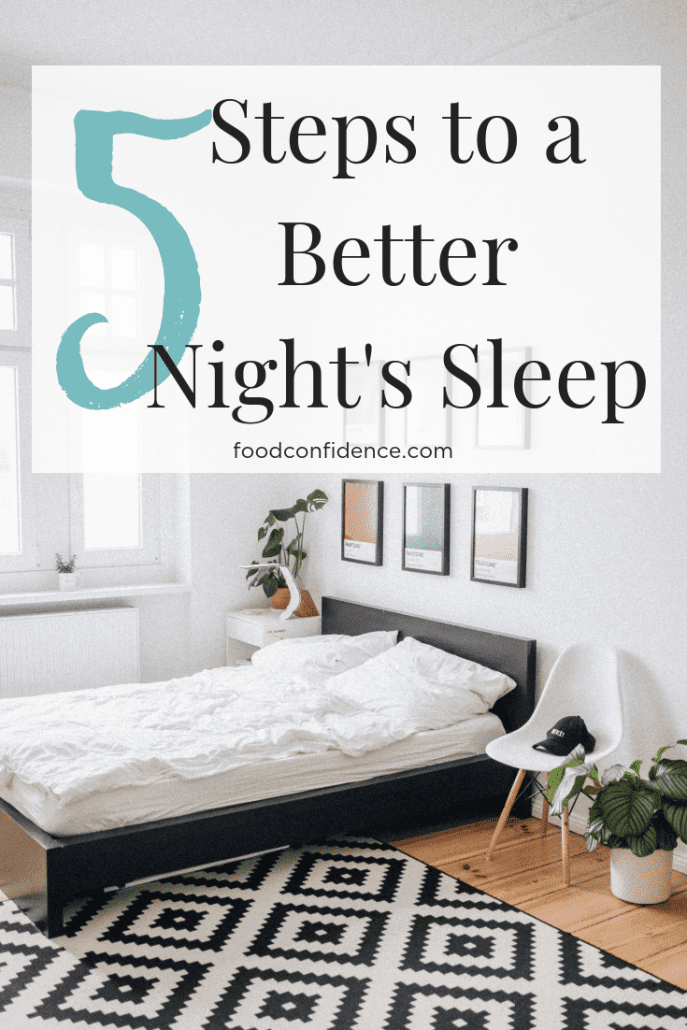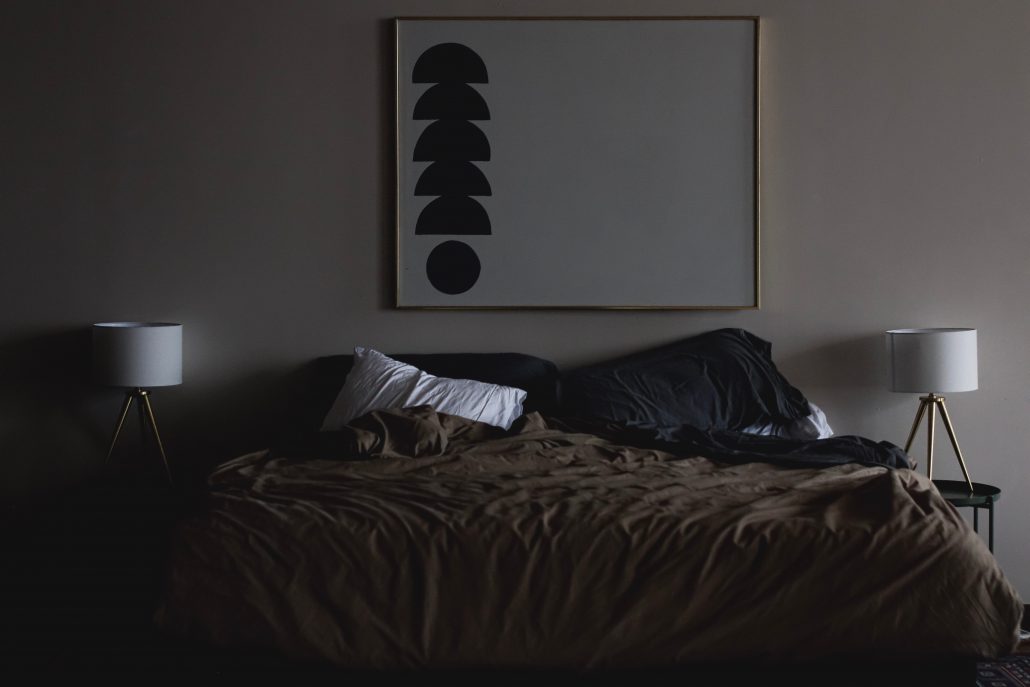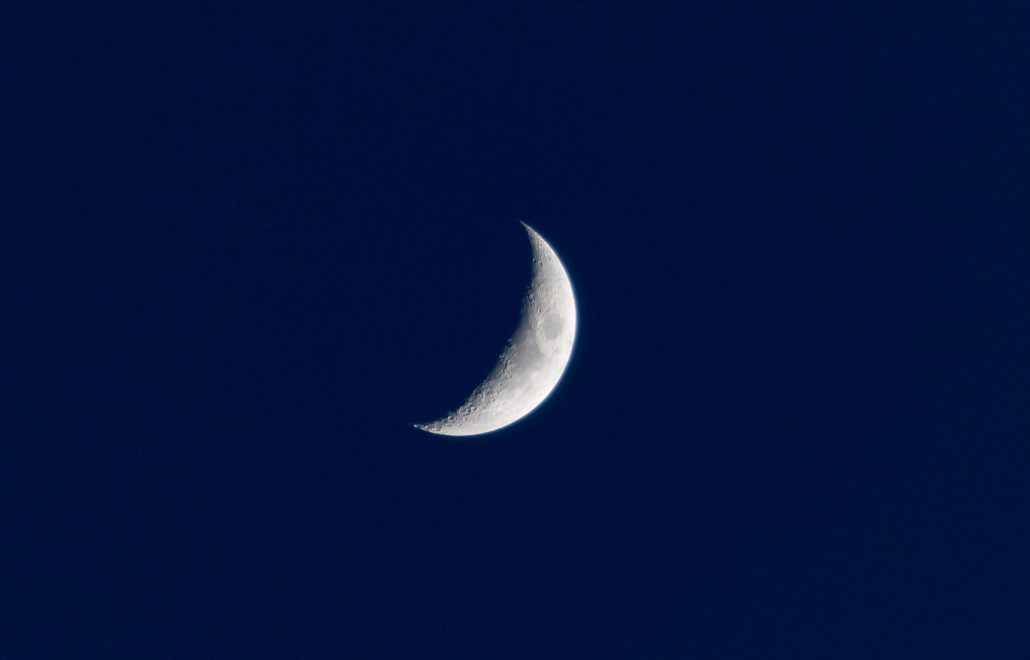Thank you to Pure Encapsulations for sponsoring this post on sleep.

How did you sleep last night….did you wake up naturally with the sun, feeling rested and refreshed? Or were you startled by your alarm, in shock it was time to get up, as you stumbled to the kitchen for some caffeine?
These days a good night’s sleep has become an indulgence. When it’s crunch time all the time, it’s pretty easy to let sleep fall to last position on your list of priorities. But sleep isn’t a luxury. Sleep is a vital part of a healthy life!
Falling asleep has always been a bit of a struggle for me. I actually had a hard time falling asleep for years until I decided enough is enough. By making my nightly sleep routine a priority, it’s made all the difference for me. Now, when I’m home, my sleep routine is pretty solid. But when I travel, I still tend to get a little out of whack. That’s when I rely on herbal remedies and melatonin to help me fall asleep, because there’s nothing worse than having to get up early for a meeting or having to do a presentation and not being able to fall asleep.
Why I Prioritize Good Sleep
For too long I sacrificed my sleep by staying up late watching TV or…don’t laugh…playing games on my phone. And while I’m proud of my status on Candy Crush (level 191!) it also represents a lot of lost sleep time. It wasn’t until I started to take my sleep hygiene seriously did I notice the impact the lack of sleep had on me all those years.
And I know I’m not alone.
Let’s start with some sad sleep facts. According to the American Sleep Association:
- 50-70 million US adults have a sleep disorder
- About 35% of adults report sleeping less than 7 hours each day
- 3-5% of adult obesity could be attributed to short sleep
- Almost 100,000 deaths in US hospitals occur due to medical errors and sleep deprivation each year
I know now that getting a good night’s sleep is incredibly important for my health.
Unfortunately, our modern (aka electronic) lifestyle doesn’t support the best sleep hygiene, and we are getting less sleep now than ever before.
If you’re looking to eat better, feel better, concentrate more, increase productivity, work out harder, get sick less, and decrease your chances of developing a chronic disease down the road – sleep optimization is for you!

What is Sleep Hygiene?
Sleep hygiene is what you do to get yourself ready for bed. Practicing good sleep hygiene is as easy as creating a routine or set of practices that allow you to optimize your sleep (and keep you energized and alert during the day).
Not sure where to start? No problem! There are so many things you can do to prep for good sleep. There’s so many that you might be tempted to try all of them. And while it can be fun to try a bunch of different things, it’s better to take a more systematic approach so you can better determine what is working and what isn’t. In other words, keep it simple. Start with the basics first, and then over time, build upon this “sleep” foundation to get the best results.
Below are five simple things you can start doing tonight to lay the foundation for a better night’s sleep in the future.
5 Tip for Getting the Best Sleep
1. Be consistent.
If you’re only going to choose one of these sleep hacks, choose this one! Go to bed and wake up at the same time each day. It’s important to make sure that your sleep schedule is consistent most days of the week (yeah, that includes weekends). This idea is practiced across many cultures. In Ayurveda, it’s believed that you are the most energized when you’re “horizontal” by 10:00 pm and you rise each day with the sun!
2. Ditch your phone.
We all love the sweet sound of a ding or vibration from our phone, but not in the middle of the night. Either ditch your phone completely (leave it in another room) or change your phone’s settings before you go to bed.
How to change your settings: If you have an iPhone, you can schedule “do not disturb” mode to start and end at your desired bedtime and wake-up time. I use the “Bedtime” feature on my iPhone and it has changed the way I wake up (you can find it by clicking on the Clock). Once I set it for my desired bedtime, it will automatically silence all calls or texts. The alarm that wakes you up is the best part; it’s a beautiful sound that starts off really low and slowly gets louder and louder. No more blaring alarm that jolts you out of sleep! And if you’re worried about not getting an “emergency” call in the middle of the night, you can set specific calls to get through while in sleep mode.
Another reason to keep your phone out of the bedroom is to minimize exposure to blue lights. Exposure to blue light can mess with your circadian rhythm and sleep quality. Use the “night shift” setting on your iPhone to turn down the brightness to night mode.
3. Create a sleep-only zone.
The bedroom is for sleeping. Not working, reading, or watching TV. Make your bedroom a sleep-only zone. Books, work, or electronics can be very tempting distractions when you’re trying to fall asleep. But lying horizontally in your bed tells your body that it’s time to fall asleep. And if you let yourself get distracted, you’ll be interfering with your body’s natural signals.
Also, if you find yourself waking up in the middle of the night and can’t fall back asleep, don’t lay in bed. Get up and relax yourself outside of the bedroom until you’re feeling sleepy enough to return to bed. Lying in bed anxiously counting down the time it’s taking you to fall back asleep will only make things worse and won’t induce sleep.
4. Keep it dark and cool.
Turn down the thermostat and close the shades! Exposure to artificial light interferes with your body’s circadian rhythm. Spend your evening hours in dimly lit rooms to minimize exposure to artificial light. You can even try blue light blocking glasses if you’re really committed!
For the best night’s sleep, you’ll want to keep your bedroom at about 67 degrees. Dipping below 55 degrees or above 70 degrees can actually be more harmful than helpful.
5. Diffuse lavender.
Smells can promote sleep. If you’re into essential oils, try diffusing lavender. Studies show that lavender oil not only helps promote sleep, but it also works on anxiety and other sleep problems. You can also spray your pillows with a lavender scented pillow mist before getting into bed.
Supplement Your Sleep
While supplements are not a replacement for good sleep hygiene, they’re a great way to supplement your routine when sleep is what you need, and you need it NOW.
Below are four of my go-to sleep supporting supplements from Pure Encapsulations. Pure’s products are hypoallergenic and their sleep formulas are research-based. They are also free from additives commonly found in supplements like gluten, magnesium stearate, artificial colors, flavors and sweeteners, and unnecessary binders, fillers and preservatives.
All of these products are perfect for traveling and long plane rides, when you have to adjust to different time zones or shift work and for those nights when you’ve tried everything, but sleep just won’t come.
Best-Rest Formula
This supplement is my go-to. Not only does it help me fall asleep, it helps me get deep quality sleep. This herbal supplement contains Valerian root extract, which has been used throughout history to naturally promote sleep and relaxation. It also contains passionflower, chamomile, lemon balm and hops – all of which have been shown to naturally calm the body. ‡
GlyMag-Z Stick Packs
I love these convenient, single-serving stick packs! They’re portable which makes them great for when you’re traveling. Plus they’re designed to support restful sleep and a balanced circadian rhythm. Each packet has a combination of glycine and magnesium to help with occasional sleeplessness.‡
The magnesium-glycine combination is a must-have if you’re trying to improve your sleep, because it helps to activate your body’s natural mechanisms for keeping you relaxed. Taking this right before you head to bed can help you fall asleep and promote healthy sleep quality.‡
Melatonin
Melatonin is one of the most commonly used sleep supporting supplements on the market… and for good reason! Melatonin acts as your body’s internal clock and lets you know when it’s time to sleep and time to wake up. Just after dusk, your pineal gland begins to release melatonin, which signals to your body to start preparing for sleep.
If you don’t make enough melatonin at night you can struggle to fall asleep, which may explain why supplementing works well for those with occasional sleeplessness.‡ Because daylight and bright light blocks melatonin production, it’s great for traveling across time zones or for sleep problems related to shift work.
This liquid option is naturally flavored with apple and black currant juice concentrates for a great taste!
Sleep Solution
Sleep Solution is a great tasting liquid option so it’s perfect if you don’t like taking capsules. It contains a unique blend of magnesium, glycine, theanine and melatonin — and it tastes great! This supplement is particularly unique because it targets both mental and muscle relaxation.‡
‡These statements have not been evaluated by the Food & Drug Administration. These products are not intended to diagnose, treat, cure or prevent any disease.
